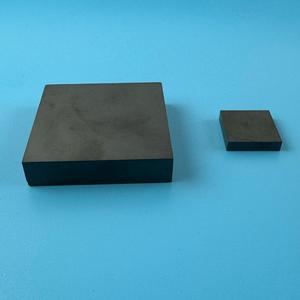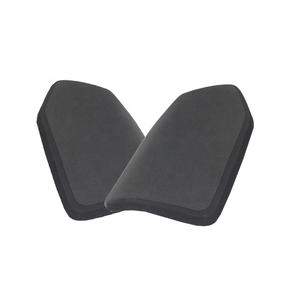Discover Premium Ceramic Products | Durability & Elegance United | Advanced Ceramics
PRODUCT PARAMETERS
Description
Introduction of Boron Carbide Ceramics
Boron carbide ceramics is an inorganic, non-metallic material with carbon and boron as its main components, and its chemical formula is B4C. Since its discovery in the early 20th century, this material has attracted a great deal of attention because of its unique physical and chemical properties. Boron carbide ceramics have an extremely high hardness, second only to diamond and cubic boron nitride, which makes it important in the field of wear-resistant materials. It also exhibits excellent corrosion resistance, high-temperature stability and low-density properties, attributes that make it ideal for the manufacture of bullet-proof vests, nozzles, bearings and other mechanical components that require high wear resistance. Boron carbide ceramics can also be prepared in a variety of shapes and sizes through different processes to meet the needs of different industries.
Characteristics of Boron Carbide Ceramics
Boron carbide ceramics are known for their excellent performance characteristics, starting with their ultra-high hardness and strength, which makes them resistant to severe abrasion and scratching, making them ideal for use in cutting tools and abrasives. Secondly, the material possesses excellent chemical stability and is less likely to react with chemicals such as acids and alkalis, even in extreme environments, making it widely used in certain key components in the chemical industry. In addition, the superior thermal stability of boron carbide ceramics and their ability to maintain structural and property stability at extremely high temperatures makes them one of the key materials in the aerospace and nuclear industries. Finally, it is worth mentioning its lightweight properties, which, due to its low density, make boron carbide ceramics an ideal option for application scenarios that require light weight but high strength. Together, these characteristics give boron carbide ceramics a wide range of applications.
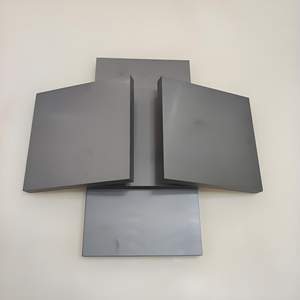
(High Hardness Boron Carbide for Wear Plate F150 F240 Boron Carbide B4C for Ceramic Products)
Specification of High Hardness Boron Carbide for Wear Plate F150 F240 Boron Carbide B4C for Ceramic Products
High Hardness Boron Carbide (B4C) is a leading selection for wear plates and ceramic items requiring severe durability. This material is recognized for its unequaled firmness, ranking third after diamond and cubic boron nitride. It functions well in high-stress environments where wear resistance issues. The F150 and F240 grades of boron carbide deal certain fragment sizes for different commercial requirements. F150 has a coarser grain size, suitable for applications requiring rough surface areas or heavy abrasion. F240 attributes finer fragments, much better for accuracy elements needing smooth coatings.
Boron carbide porcelains handle high heat well, staying secure as much as 2,200 ° C. This makes them suitable for extreme-temperature setups like heating system parts or aerospace parts. The product likewise withstands chemicals, avoiding deterioration from acids or antacid. Its reduced thickness makes it lighter than steels like steel, minimizing weight in armor systems or machinery parts without losing toughness.
The composition of B4C includes over 75% boron and carbon, creating a strong covalent bond. This framework makes sure high mechanical strength and very little wear gradually. Makers make use of warm pushing or sintering to form boron carbide into plates, nozzles, or liners. These products last longer than typical products, reducing downtime and substitute expenses.
In sectors such as mining, power, or defense, boron carbide wear plates secure tools from unpleasant materials like sand or coal. Its firmness prevents scrapes and disintegration, maintaining machinery effective. For ceramic items, B4C includes toughness to cutting tools or sealing components, boosting efficiency in harsh conditions.
Personalization is possible with boron carbide. Grain size, density, and shape can be gotten used to fulfill specific demands. Testing ensures each batch meets strict quality criteria for solidity, pureness, and thermal stability. This guarantees trustworthy performance in vital applications.
Boron carbide’s combination of solidity, warmth resistance, and lightweight makes it a functional service for industries focusing on toughness. Its convenience throughout grades like F150 and F240 enables customized use in both durable and accuracy setups.
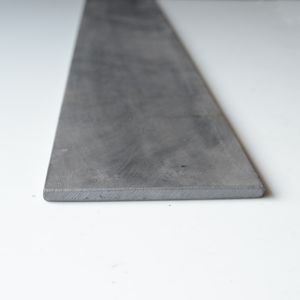
(High Hardness Boron Carbide for Wear Plate F150 F240 Boron Carbide B4C for Ceramic Products)
Applications of High Hardness Boron Carbide for Wear Plate F150 F240 Boron Carbide B4C for Ceramic Products
High hardness boron carbide (B4C) is an artificial ceramic material understood for its severe longevity. It ranks among the hardest substances readily available. This makes it suitable for applications needing resistance to put on, abrasion, and effect. Use plates classified F150 and F240 utilize boron carbide as a result of these residential or commercial properties. These plates safeguard machinery in sectors like mining, building and construction, and material handling. Devices revealed to abrasive particles or heavy rubbing gain from boron carbide’s ability to lower wear. This expands the life expectancy of components and decreases upkeep prices.
Boron carbide wear layers F150 and F240 are crafted for high-stress settings. The material’s solidity lessens surface area deterioration even under extended usage. It carries out well in extreme temperatures and harsh settings. This dependability makes it a favored choice for commercial wear parts. Applications consist of liners for chutes, receptacles, and conveyor systems. These elements encounter consistent contact with abrasive products like coal, ore, or gravel. Boron carbide makes certain consistent efficiency without constant replacements.
In ceramic products, boron carbide functions as a critical additive. It enhances the firmness and thermal security of porcelains. Products like cutting devices, nozzles, and shield systems integrate B4C for enhanced efficiency. The product’s reduced thickness makes it appropriate for light-weight shield services. It absorbs effect properly while maintaining structural stability. Industrial nozzles made with boron carbide resist erosion from high-velocity liquids or powders. This expands their functional efficiency in harsh conditions.
Boron carbide’s chemical inertness adds value in destructive environments. It does not respond with acids or alkalis, ensuring long-term security. This building is important in chemical handling devices. The material likewise locates use in nuclear applications because of its neutron absorption ability. Its adaptability throughout markets highlights its relevance as a high-performance ceramic.
Producers focus on boron carbide for important applications where failure is not a choice. Its combination of firmness, lightweight buildings, and resistance to severe conditions makes it unrivaled. Industries depending on longevity and precision remain to embrace boron carbide-based remedies. This drives advancement in material engineering and expands its variety of uses.
Company Introduction
Advanced Ceramics founded on October 17, 2014, is a high-tech enterprise committed to the research and development, production, processing, sales and technical services of ceramic relative materials and products.. Since its establishment in 2014, the company has been committed to providing customers with the best products and services, and has become a leader in the industry through continuous technological innovation and strict quality management.
Our products includes but not limited to Silicon carbide ceramic products, Boron Carbide Ceramic Products, Boron Nitride Ceramic Products, Silicon Carbide Ceramic Products, Silicon Nitride Ceramic Products, Zirconium Dioxide Ceramic Products, Quartz Products, etc. Please feel free to contact us.(nanotrun@yahoo.com)

Payment Methods
T/T, Western Union, Paypal, Credit Card etc.
Shipment Methods
By air, by sea, by express, as customers request.

5 FAQs of High Hardness Boron Carbide for Wear Plate F150 F240 Boron Carbide B4C for Ceramic Products
What makes boron carbide ideal for wear plates?
Boron carbide has high hardness. It ranks third on the Mohs scale. This hardness resists abrasion and wear. It works well in harsh environments. Industries like mining and aerospace use it.
How does F150 differ from F240 boron carbide?
F150 and F240 refer to particle sizes. F150 has larger particles. It handles heavy impact better. F240 has finer particles. It suits applications needing smooth surfaces. Both grades keep high wear resistance.
Can boron carbide withstand high temperatures?
Yes. It handles temperatures up to 1,400°C. It keeps stability under heat. This makes it good for high-heat settings. Examples include furnace parts or protective gear.
Is boron carbide resistant to chemicals?
Yes. It resists acids and alkalis. It stays stable in corrosive settings. This property extends its lifespan. Chemical processing equipment often uses boron carbide.
What industries use boron carbide wear plates?
Mining uses it for machinery parts. Aerospace applies it in protective coatings. Power plants use it for blast nozzles. Its durability suits heavy-wear areas.
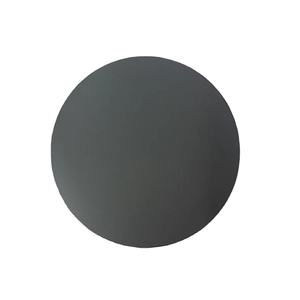
(High Hardness Boron Carbide for Wear Plate F150 F240 Boron Carbide B4C for Ceramic Products)
REQUEST A QUOTE
RELATED PRODUCTS
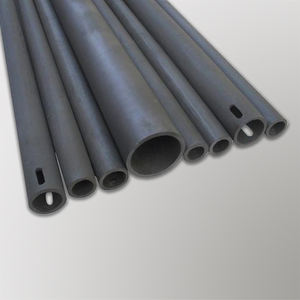
Wear Resistant Boron Carbide Ceramic Tile B4C Ceramic Industrial Plate
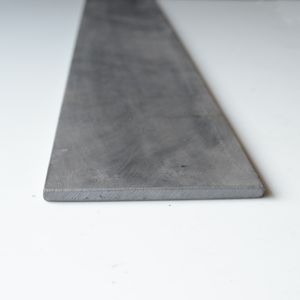
High Purity B4C Boron Carbide Ceramic Grinding Balls
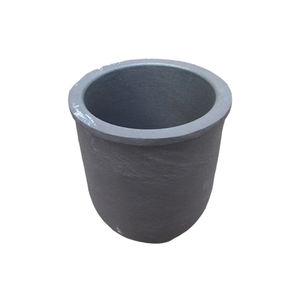
High Pressure Resistant Boron Carbide B4c Ceramic Panel Parts
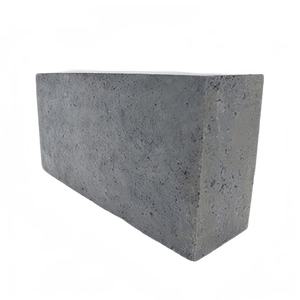
B4C Boron carbide ceramic plate sheet tile
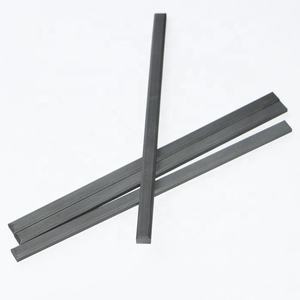
China Factory 10mm boron carbide hexagon ceramic tile B4C hexagonal tile
